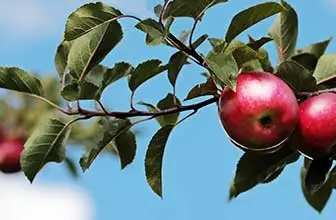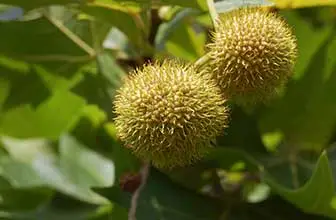Allergies
Mugwort pollen
Allergy to sagebrush pollen (Artemisia vulgaris) is present worldwide. The plant is considered a wild herb native to Europe, Asia, and North Africa. It is widespread in North America, where it is considered a pest. It grows very well in nitrogenous soils, especially weedy and uncultivated. The time when it can cause allergies is approximately from late spring to early fall. Those allergic to artemisia may have problems with certain foods, such as honey, sunflower, chamomile, celery, carrots and spices. It can also cause a reaction when eating certain fruits such as apples, melons, and watermelons. Even in small amounts, this pollen can cause severe allergic reactions. The most common symptoms are redness and pustules on the skin, irritation of the respiratory tract, cough, asthma, rhinitis and itchy and red eyes. As a prevention, it is advisable to avoid going outside at times of highest pollen concentration (from June to October, mainly at dawn and dusk, especially when there is a strong wind), install anti-pollen filters in the air conditioner and car, wear sunglasses when you go outside, shower and change your clothes when you get home, and don't hang out outside.
Alérgeno recombinante para IVD
TYPE
Especie
ALÉRGENOS RECOMBINANTES
Name, references, and description
Tipo de reactivo
- Alérgenos/Antigenos
- Bloqueadores
- Anticuerpos
Características Reactivos
- Humana
- Animal
- Allergies
-
Artemisia vulgaris
-
- Art v 1
- RAL0005
- RAL0005BIOT (biotinylated)
- Defensin-like protein
-
- Art v 3
- RAL0006
- RAL0048
- Non-specific lipid transfer protein type 1 (LTP)
-
Brochures
Videos
Especialistas en alérgenos recombinantes para tests de anticuerpos de alérgenos
We ensure a commitment to absolute confidentiality regarding all information received and generated related to your project.
-
[[carrito.product.name]]
- [[sku.sku]]
Or if you prefer...
We will analyze your request to prepare a quote tailored to your needs.
-
[[carrito.product.name]]
- [[sku.sku]]
As manufacturers, we can adapt our products to your needs.
Contact us!







